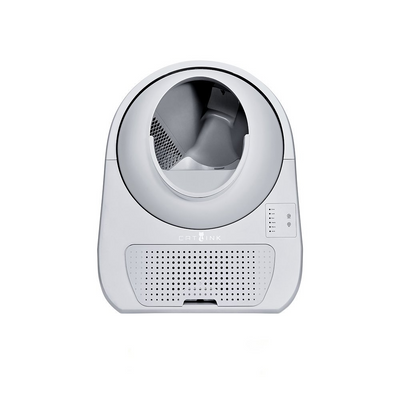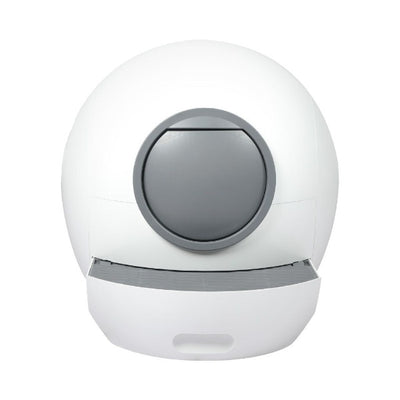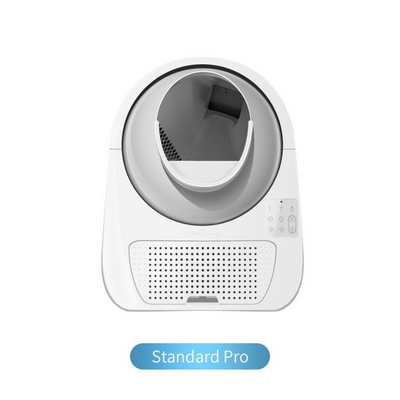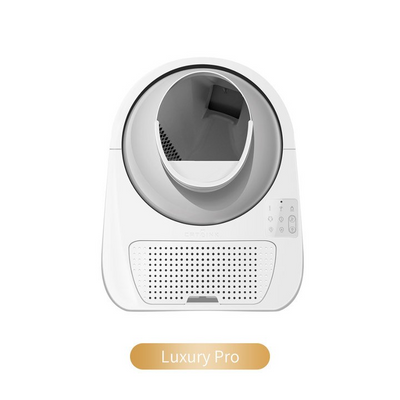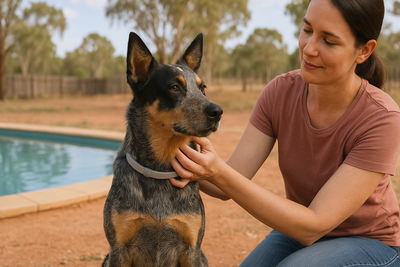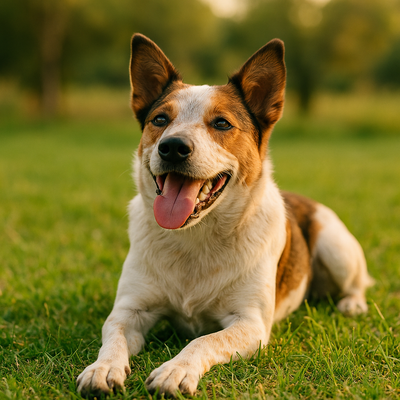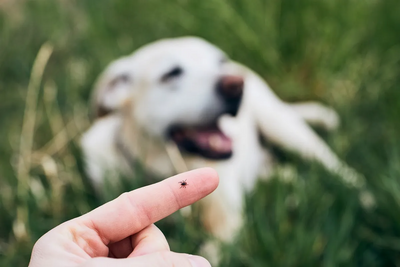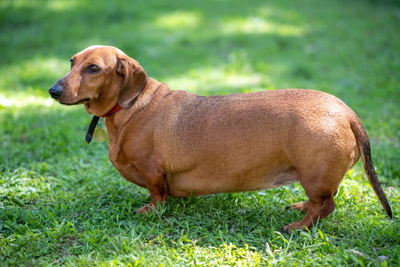They say that chickens are the “gateway” animal to further farming adventures. When you are ready to skip through that gateway and expand your farm, lots of people look to adding different kinds of poultry. Common backyard poultry include turkey, geese, guineas & ducks – turkeys are quite large and geese & guineas are quite loud so many will settle on ducks.
Ducks can be a great addition to a small farm. They lay large eggs about as regularly as chickens (click here to read more about duck eggs). Duck eggs are excellent for baking! Ducks don’t require a tons of room, don’t make a ton of noise, and can often fit right in with your existing chicken set up.
But ducks are definitely not chickens. While raising the two kinds of poultry together is certainly possible, each species has some different requirements. How can you make sure your mixed flock is happy & healthy? The key is making sure even though both flocks are living together, they each have what they need.
Water
Perhaps the biggest hurdle you will face when keeping ducks & chickens together is what to do with the water. Chickens do great with nipple waterers or water fonts they can dip their beak in for a drink. Ducks on the other hand need to have access to water that is deep enough for them to dip their head in. They need to be able to dip their head in the water to clean & keep their nostrils moist, to clean their eyes, and to mix their food with their water for digestion.
Ducks can’t use traditional chicken water fonts because their bills won’t adequately fit in the small font opening. They can use nipple water systems, but they will still need to have a bowl of fresh, clean water available for cleaning & eating.
Of course the ducks don’t just gently dip their bills in the water. They splash. They get in the bowl and try to swim. They add dirt & feed to the water. They make mud everywhere. Chickens don’t care for mud and muck. They don’t like when their water is dirty. I have my chickens & ducks share a water bowl. I scrub it out daily. I keep it outside of the coop so that the shaving inside will stay dry. I also move it around the run so I don’t have one area getting overly muddy.
While on the subject of water, let’s talk about swimming. Ducks technically don’t *need* to have a pool for swimming as long as they have a deep water dish. But they will be *super* happy if you give them a little kiddie pool to splash about in. It also might make them less likely to try and swim in the water bowl (but don’t hold your breath!).
Don’t worry about your chickens around the pool. For the most part, they will just stay away from it, or maybe will occasionally drink from it. Adult chickens don’t like to swim, but they can naturally float so you don’t have to worry about them drowning if they accidentally fall in. If the water is shallow enough, you might find your chickens like to stand in the water to cool off in the summer. Young chicks could however drown if left unattended near a pool. When you have chicks in your flock, consider gating off the pool, keeping it empty until they are grown, or only filling it up when you are around to supervise.
Feeding
This area is a lot easier than water. Chickens & ducks can both eat the same quality layer feed. The only caveat is when you have young ducklings in the flock, they will need to have access to extra niacin. I like to mix brewer’s yeast into the feed to help the ducklings get what they need (click here to read more about raising ducklings). Ducks will have a hard time fitting their bills in many chicken feeder troughs, so open bowls work best.
Ducks & chickens like the same types of treats, both will go crazy for meal worms and both love table scraps like veggies & bread. I have found that the ducks are a bit pickier about what they eat though.
Housing
Chickens and ducks can be housed together in the same coop or you can try to keep them separate. Chickens like to roost at night, so they will need places to perch off the ground. Ducks like to nest at night, so they will need some place at ground level to sleep. When planning your coop, make sure your ducks have some place quiet to nest on the ground (and be sure it isn’t underneath the roosts or they will get pooped on all night!).
Be sure the ramp is not too steep to get into the coop. Chickens can navigate a steep ramp, but ducks are not great at jumping and their big floppy feet can make them a little awkward on land.
Ducks would prefer to sleep out in the open air. If at all possible, providing a small door that stays open all night, leading to a completely secure small run is best. If you do this, be sure it is totally predator proof on every side – consider lining the entire floor of the run with wire.
Flock Dynamics
For the most part, your ducks & chickens are likely to just ignore each other. If you have a really small flock of each type of bird they might integrate more, but generally ducks will prefer the company of other ducks, and chickens will prefer to hang out with chickens. My birds free range together in the yard all day. While they all come running to me for snacks and all enjoying lounging in the shade of the rhododendron bush, they keep to themselves. I wouldn’t say one flock is dominate over the other and they all seem to get along together.
In general, a group of mixed ladies will get along. Add in a drake or a rooster and the dynamics are bound to change. They could get territorial. The drake or rooster could be constantly trying to chase off the other birds to ensure his ladies get the best treats or foraging ground. It all depends on the temperament of the male.
The one situation you want to take care with is having a drake (male duck) in a mixed flock without a rooster. During breeding season (spring & early summer) drakes are in the mood for love and not much can stop them. It’s best to have at least 2-3 female ducks per drake to keep him “occupied”. What you don’t want is for your drake to try and mate with your female chickens. Drakes have an external phallus where as roosters do not. As such, female chickens are not designed for that type of action and can be seriously hurt or even killed by an overzealous drake. If you have a rooster around, he will keep the hens safe. If not, just keep an eye on your drake and be ready to separate him from the flock if he bothers the chickens.
I have had a drake and no rooster for awhile and he never went after any of the chickens. He actually did a good job of keeping all the ladies (duck & chicken alike) safe when out free ranging. The chickens all would take cover if they heard him quacking a warning about a potential predator. I have also had a few drakes and a couple roosters in the flock at the same time. The drakes left the chickens alone and all the boys got along just fine.
Final thoughts
I love my little mixed flock, they are all different and fun and bring so much joy to our backyard farm!
